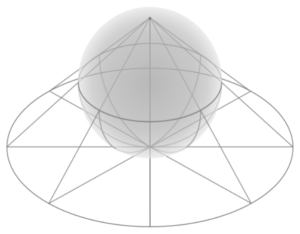Seeds, Plants and Free Will

Having a property is, in fact, having the tendency, the potentiality to interact according to that property. Thus, in the same way in which the seed has within itself the tendency to become an oak (for example), the atom of hydrogen has within itself the tendency to fasten to an atom of oxygen. And, like …








